Beethoven Virus: Episode 18, Finale
by Sevenses
This is how I want to remember Kang mae, I think – working diligently behind the scenes, with his happy dog for company.
I was looking at the dramawiki for Beethoven Virus, and it’s got all these awards. Kind of boggling, but I guess quality is in the eye of the beholder.
In case you don’t remember what’s going on with this series (I don’t blame you, it’s been a long time), here are the previous recaps.
Alright then. Let’s get this finished.
SONG OF THE DAY
Beethoven Virus OST – “사랑은 선율을 타고” (Day by Day) by Girls Generation. [ Download ]
Audio clip: Adobe Flash Player (version 9 or above) is required to play this audio clip. Download the latest version here. You also need to have JavaScript enabled in your browser.
Episode 18, finale
Maestro Kang recovers from his bout of sickness and wakes up in time to receive an express package containing the documents for his contract with the Munich Orchestra. It is the same orchestra that Kang’s idol, the famous Celbidache, had also led. Gun-woo, sensing that the maestro is inordinately pleased at receiving a flattering offer from the Munich Orchestra, realizes that his teacher is probably leaving for good this time.
It seems like they’ve both reached an unspoken agreement about their respective paths in life. While Kang relentlessly asserts that they do not see eye-to-eye when it comes to music interpretation, he does agree to acknowledge and teach Gun-woo. However, he has a set of very strict academic conditions (it’s almost like applying for the exclusive Maestro Kang scholarship, except it’s not open to anyone else).
It’s another instance of his bark being much, much worse than his bite. Gun-woo knows this, and jokingly asks for Jung’s number just to lighten the atmosphere.
Later in the day, Kang is reading quietly at home when Beethoven begins to bark and whine at the door. Ru Mi is on the other side, hesitating over whether to ring the doorbell or not. Thanks to his high-tech security system, Kang sees every hesitant move Ru-mi makes. As Beethoven continues to bark, Ru-mi flinches from the door and walks away. Furious, Kang glares at Beethoven. (But he doesn’t run after her. Interesting.)
At night, Hee-yun comes with several boxfuls of Korean food staples and begins packing them away to send via express to Kang’s new address. He’s prickly as ever, but when he sees that she intends to stop playing cello, he tells her about Paul Potts, who was a humble shop clerk before he rose to fame. Though she understands the value of perseverance, Hee-yun also knows that she doesn’t have the skills to excel, and thanks Kang for his kind words.
When Kang comes to drop off some books, ostensibly because has no more use for them, Gun-woo is already asleep. On the bedside table, Gun-woo’s personal calendar notes the cancellation of Mouse’s last performance. Kang sees this and comes to a decision.
He gathers all the orchestra members together and tells them (commands, actually) that they prepare for a concert in two hours, with the same pieces as the canceled one.
Gun-woo arrives and tries to talk Kang out of conducting for them – he’s already done too much for their group. However, the two have come full circle as Kang uses Gun-woo’s words from earlier against him.
Kang: It is when you say things like, “Oh, we are not good enough, it’s no use”, that you are forcing it to become true. I was like you once, I had nothing when I started out. And yet I am famous now. This piece, I, all of you, anything can become famous and gain recognition.
He goes on to compliment the adaptation in a backhanded way, pointing out faults. Kang’s only condition is for no photos to be taken, because officially, the great Maestro Kang does not conduct popular ballads. 😛
During the piece, Gun-woo (well, everyone) stare at his beloved mentor and thinks back on all the happy times.
This gradually segues into everyone’s good-bye to their life as a member of the orchestra: Park sells his bass, Ru-mi packs her violin away, Yi-deun breaks down in the middle of cleaning up the warehouse and Bae refuses to leave altogether.
Kang is saying his farewells too, and sits down for a lavish private dinner with the former mayor. The mayor’s bootlicking habits are as strong as ever, and he reads the complimentary portions of Munich orchestra’s invitation for Kang. The words, however, do seem to find a chord within the maestro: his conducting before always had a sense of frustration, but now he is allowing the emotional nuances of the piece show themselves. Kang recognizes that he has the Mouse orchestra to thank for this, but the mayor goes further, comparing his initial attitude towards them (‘You are my instruments’) to now (‘These people are mine’).
It’s an agreeable change, but Kang is embarrassed and snatches the papers out of the mayor’s hands.
The next day, Kang goes to the music complex, where the particularly diehard members are still at their protest tent. Their send-off is much less expensive, but more sincere and well-received. Kang allows himself a few moments to look back at them and the buildings behind them, probably for the last time.
Ru-mi’s professor for her composition classes offers her a chance to continue at a higher level. What cheers her more, though, is a text from Kang: ‘Beethoven wants to see you.’ (Kang mae, you are too cute.)
She takes the chance to sneak up on him with her cameraphone. He gets angry at her, which gives Ru-mi an opportunity to use her puppy face – she won’t have any proof that Kang was really here without even a picture.
Kang gives her the ring he always wears on his pinky, which is gratifying, but Ru-mi thinks it’s not very appropriate since it came from another woman. Using his most potent I’m-with-idiot face, Kang explains that no, he got the ring from Beethoven’s hometown. He’d bought the ring in defiance of the fact that conductors were not allowed to wear jewelry, but now he’s giving it to Ru-mi for her to build up her own strength. (Kangmi shippers may swoon now.)
Not to be outdone, Ru-mi leads Kang to a music studio where she shows him that she’s been emulating Evelyn Glennie and trying to feel the music with her body instead of listening. She offers to repeat back what he says to her using her new technique, though it’s more of an opportunity for the writers to show the progression in their relationship. Kang gives out stinging barbs and is generally his usual grouchy self, but Ru-mi translates his words into praise.
He admits, after a longish pause, that he walked away from Ru-mi because he found himself changing because of her, and adds that he knows escape isn’t the answer. She’s content with that, at least for now. So they both settle for the distant promise of ‘someday’.
Meanwhile, Bae Yong-gi of the snorty laugh and questionable trumpet skills is annoying the life out of Park, who has settled for working as a florist. Somewhere in the interim, the Park family lost their apartment, and now both parents are working to provide for Bora and the new baby girl. Park feels the humiliation at working in a job that was provided by his wife’s family, and doesn’t answer well to Bae’s prodding for a reunion.
Bae, on the other hand, goes on to urge Gun-woo into visiting the city symphony members who are still protesting. There aren’t a lot of them left, and Gun-woo can’t spare a lot of his time as he just got into university. After hanging up on Gun-woo, Bae visits Hee-yun to urge her to join in one last performance.
Hee-yun’s resignation at the state of affairs is echoed by the former city orchestra leader. The musicians have mostly gone their own ways, and the ones who are left are very discouraged. Gun-woo’s sneaky, though, and he rouses them while casually hinting that his group would have to give up on their performance because they lack people. Naturally the city orchestra is all ears, and the two groups agree to cooperate.
At home, Gun-woo enumerates the benefits of the concert to his mentor, but Kang mae ignores all mentions of beneficial publicity and tears into Gun-woo for being stupidly optimistic. Despite pleading and puppy eyes, Kang mae refuses to conduct for them.
The next day, Gun-woo looks like he’d rather have taken Kang mae’s advice and given up when the two groups clash over a simple thing like precedence in the concert title. Everyone holds tightly to pride and refuses to cooperate. The bigger problem, however, is in getting the right amount of instruments in each section.
At the same time, Ru-mi is helping Yi-deun pack up Grandpa Kim’s things. Kang gives a terse call, informing her that Grandpa Kim left a letter to Yi-deun in his CD cabinet. The letter is short but sincere – he wanted to see he become a successful musician, but he’s afraid Alzheimer’s may not let him. However, he wants Yi-deun to know that he knows she’s capable, and to keep on trying at all times. (He’s also leaving half of his property to her, but that doesn’t have the same emotional ring to it.)
The advantage of living with Kang mae is that Gun-woo is free to poke him and hint at him with all the patience in the world. This way Kang mae finds out all the details of the next day’s concert without having to lift a finger, though he’s still pretty grumpy. The performance is certainly a group effort, as everyone from the former mayor to the choir are helping out gratis. Gun-woo mournfully remarks that this is the last performance Ru-mi will give before her operation, and then sighs that Kang mae won’t be there to lend them a hand too.
Unfortunately, Kang mae’s flight coincides with the time of the concert, precluding all possibility of his being there. Ah, cruel fate. And he won’t even let them host a going-away party.
The next morning, Kang mae doesn’t even wait to wake Gun-woo up before leaving. [Insert chorus of ‘Aww’.]
It’s not really possible to hide something as big as a concert in a public park, but the former mayor does his best to distract Evilface so everyone can set up. Yi-deun gingerly sets down Grandpa Kim’s clarinet down in his seat. Even Park, who’s getting rather henpecked, is allowed to come for this one performance.
A sizable crowd’s shown up for the concert, and while the playing is painful to watch, the effect is lighthearted and the audience certainly seems to enjoy it.
On his way to the airport, Kang mae seems to have chosen the one road lined by posters and banners promoting the performance. I think we all know what’s going to happen, but in any case, Kang mae is going through some major mental gymnastics.
As Gun-woo waits for a Ru-mi and Park to arrive, he sees Kang mae standing a little bit in front of him, and the effect is everything the melodramatic conductor could have wished for.
Kang tears into Gun-woo for being so stupid and not being able to see that things have already ended, for both the city symphony and Mouse. However, Gun-woo is convinced that this is the beginning, and giving up now would be truly the end of both orchestras.
Looks like Kang still has a few things to learn from Gun-woo.
Kang: Don’t think you can succeed so easily. Classical music was written for the noble, the elegant. How can you aspire to that?
Gun-woo: But as you said, even we can become famous. We’re doing as you did, and we won’t give up.
Kang: If you must walk the thorniest path, then I will conduct for you. But you must all obey me, without conditions.
Kang announces that he will only conduct the 9th Symphony by Beethoven, but this is greeted with screams of wild joy, and he leaves with at least a smile on his face. (Ode to Joy seems particularly appropriate for the moment.)
Shots of the orchestra performing fades out to a shot of Kang walking away. He goes through a tunnel into the coming light, to the accompaniment of his orchestra, Beethoven trotting faithfully alongside him.
End episode.
Commentary/Rambling:
– Okay, a few things to clean out of the closet, and then I’ll shut up. 😀
– I love the open ending. When I finished the show, I had the ‘wait, what happens to everyone’ reaction – but then I realized that the point is not whether or not they went on to make lots of money and get famous, but that this love of music brought all these people together. And they’ll keep in touch, maybe form another orchestra once Evilface is replaced. The mature, somewhat nostalgic feeling this drama brought at the end balanced the fluctuations in tone in the middle. The loose ends that it leaves aren’t loose ends at all – that’s how life works. As Gun-woo says, it’s just the beginning.
– And now for shipping – to be quite honest, I interpret his giving the ring to Ru-mi as a promise that he’ll come back – after all, he says that this time he ran away from wavering, but when the desire to waver comes again, he may not be able to escape it. (I’m slightly annoyed by the implication that he can’t love a woman and still conduct properly, but I’m not artistic, so I guess the influence of a muse is acceptable.)
– BV’s had its share of bumps along the way, but this is the drama that introduced me to Kim Myung-min, so it gets an overall plus, I think. Lee Jia continues to improve (really) and Jang Geun-seok also. I don’t think Beethoven Virus was ever meant to rival Nodame in terms of sheer erudition/passion about classical music – it focused (as kdramas will) on interpersonal relationships. To be quite honest, if I hadn’t been recapping the show, I would have enjoyed Beethoven Virus. But it just doesn’t stand up to scrutiny.
– Thanks to everyone for reading and being such good sports about my agrammatical and procrastinatory ways! I couldn’t have done it without all the encouragement you gave.
Sevenses
Tags: Beethoven Virus, Jang Geun-seok, Kim Myung-min, Lee Jia
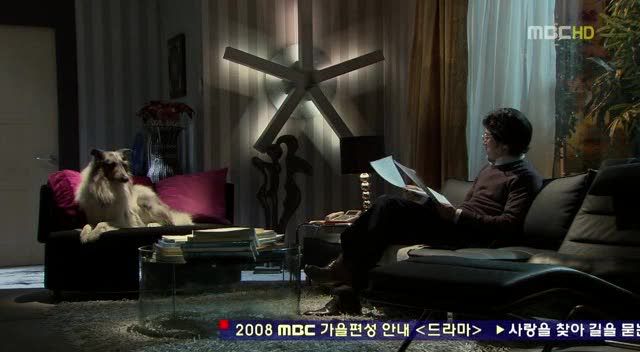
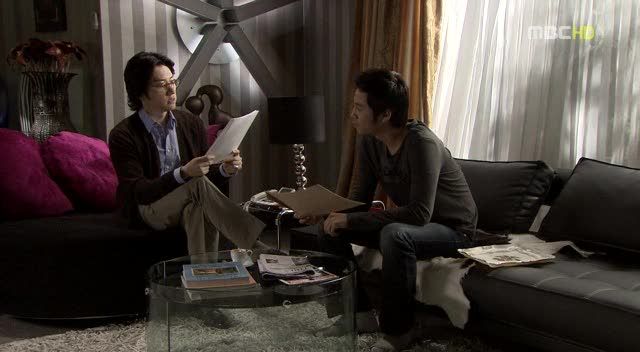
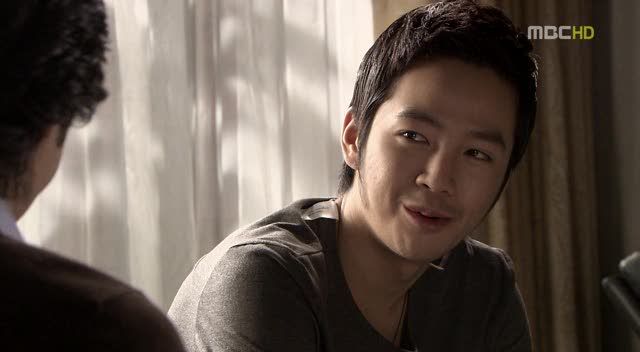
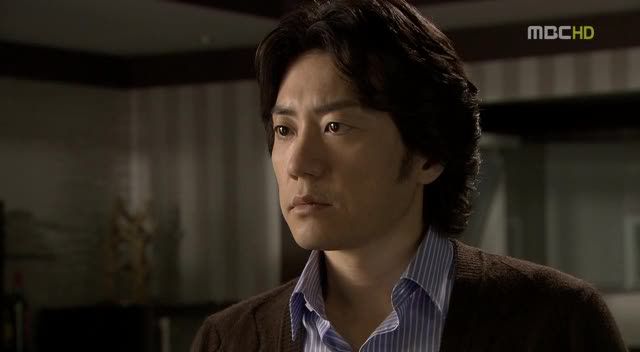
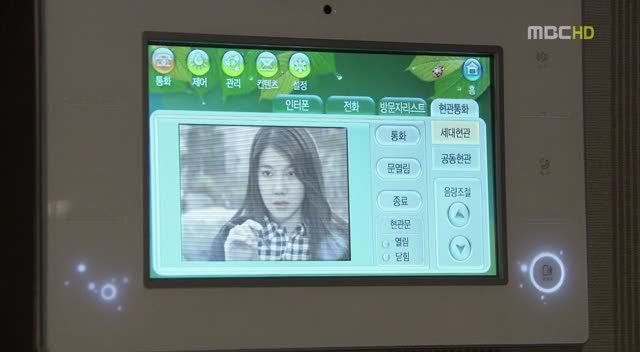
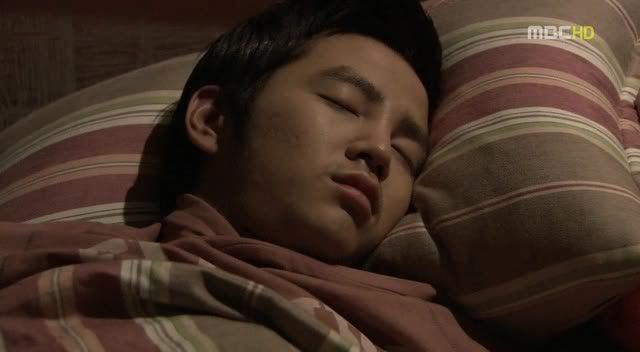
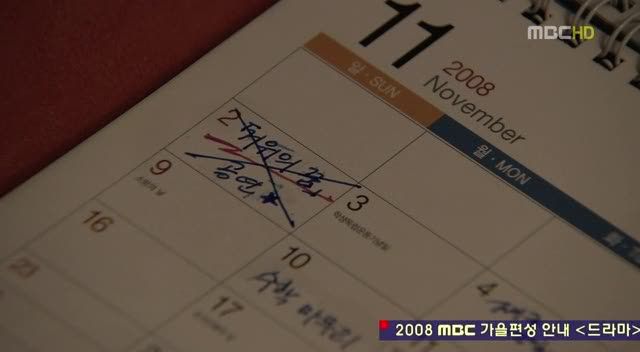
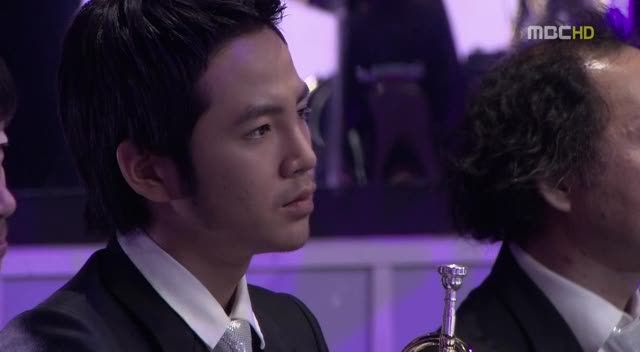
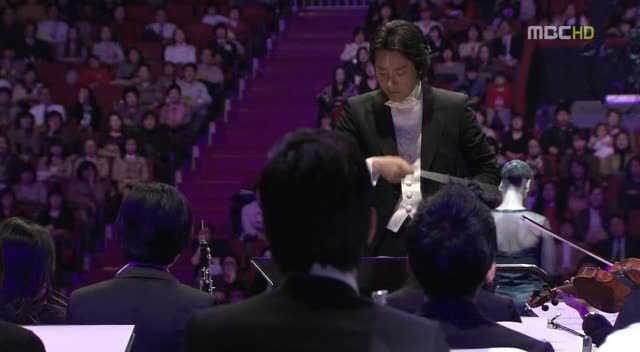
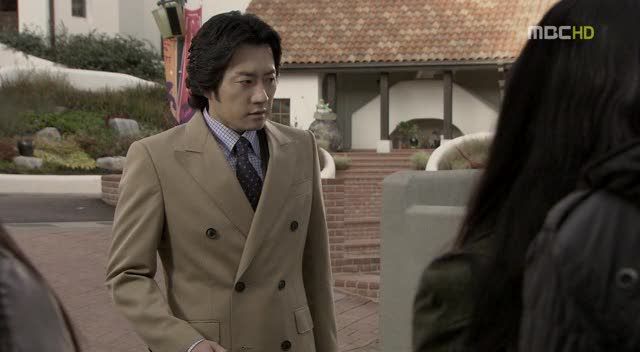
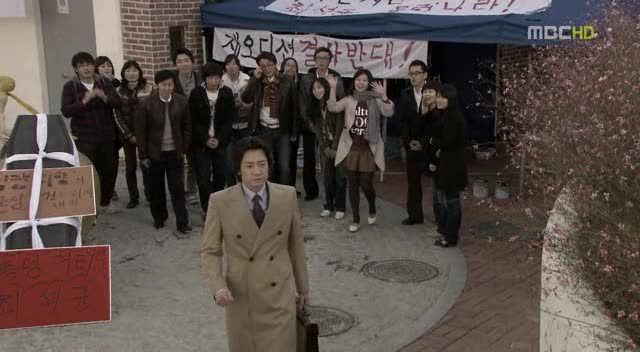

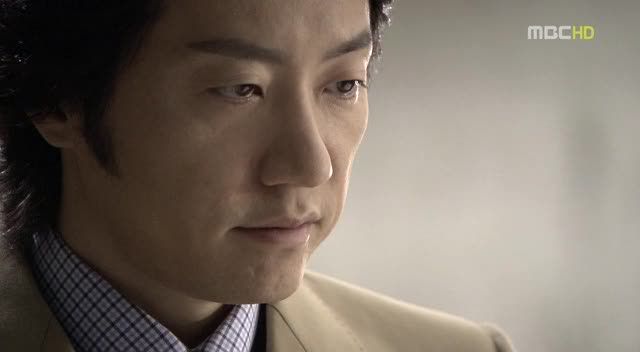
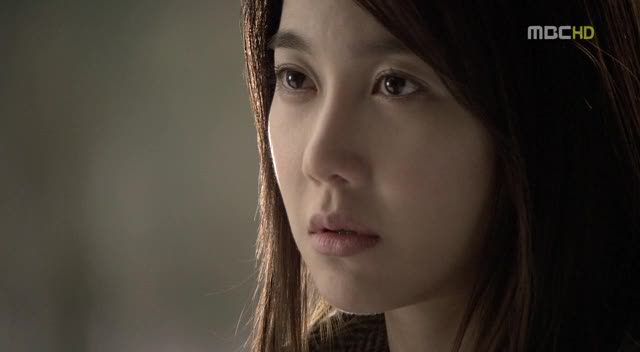
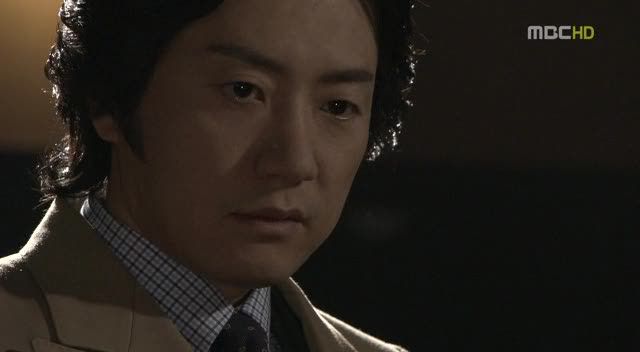
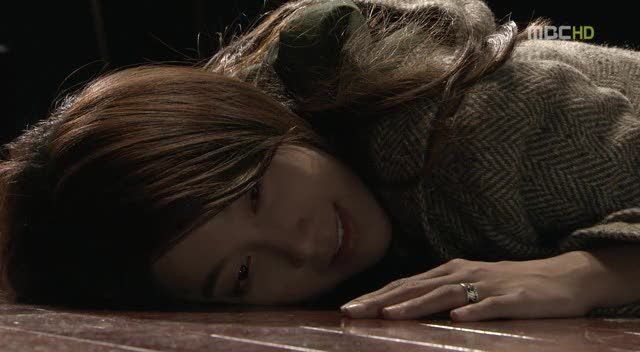
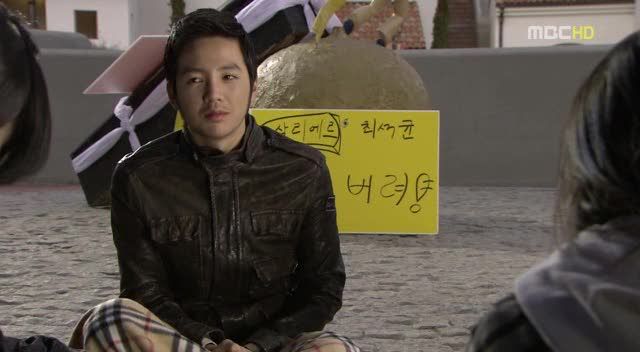

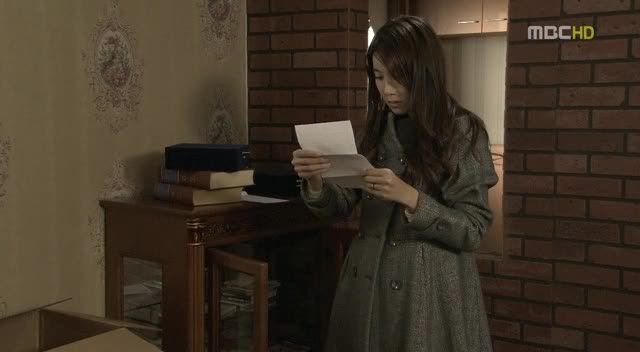
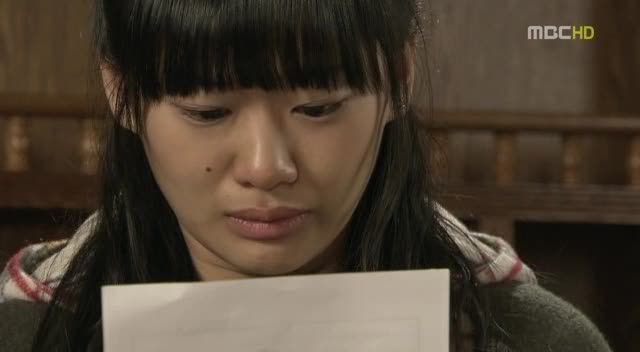

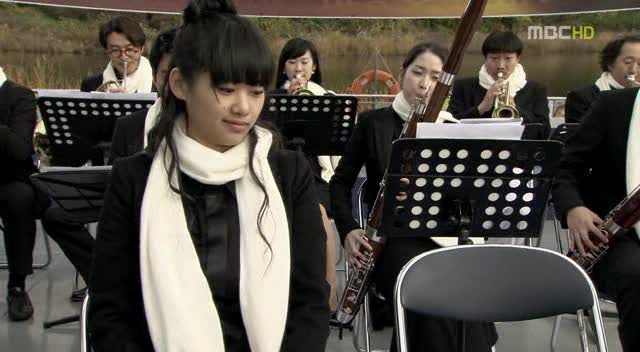
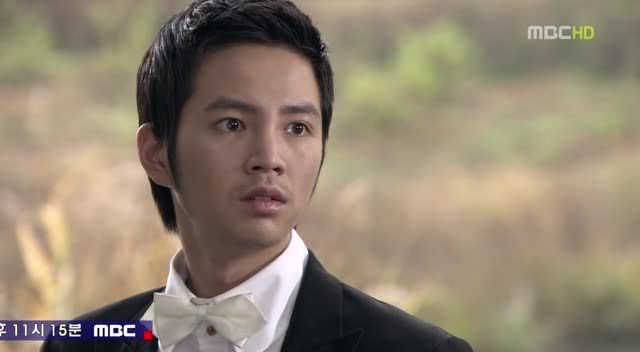
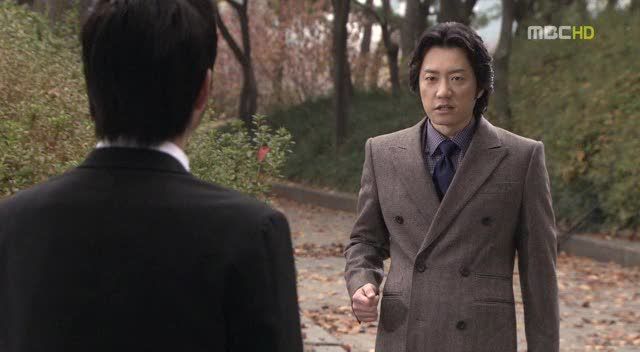
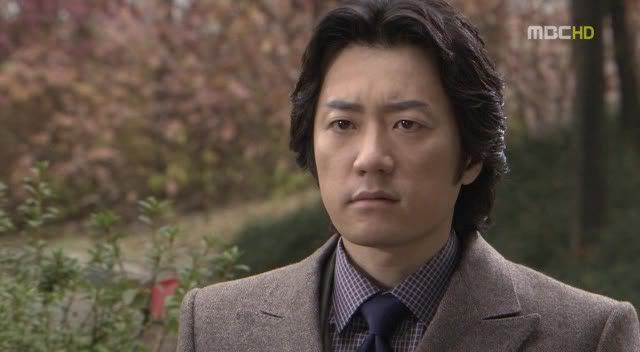
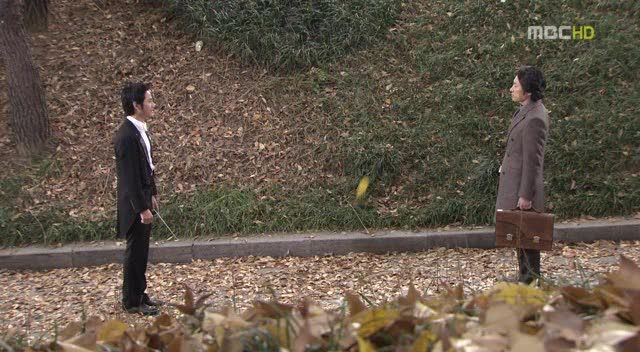
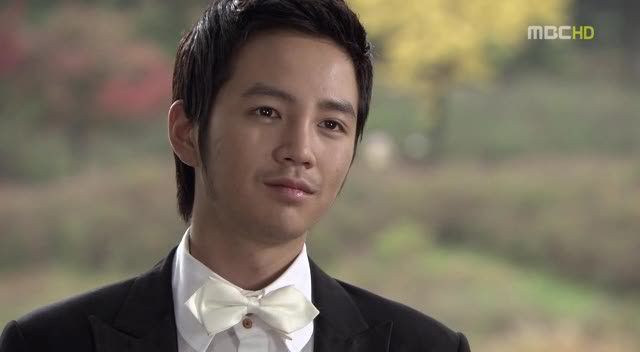
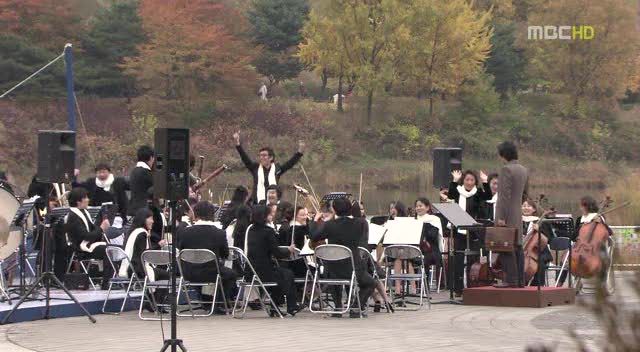
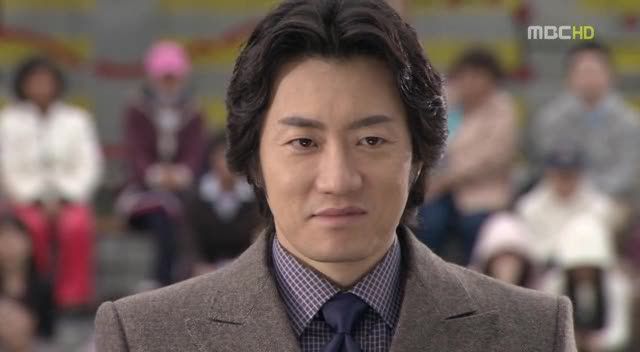
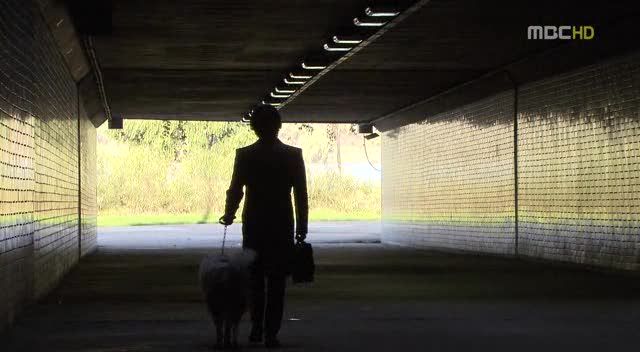
![[K-Movie Night] A Year-End Medley](https://d263ao8qih4miy.cloudfront.net/wp-content/uploads/2024/12/YearEndMedley_1-scaled.jpg)

![[2024 Year in review] Actors bringing their A-game](https://d263ao8qih4miy.cloudfront.net/wp-content/uploads/2024/11/Jeongnyeon1112-00182.jpg)


![[2024 Year in Review] Beanie Awards](https://d263ao8qih4miy.cloudfront.net/wp-content/uploads/2024/12/beanieawards_2024.jpg)



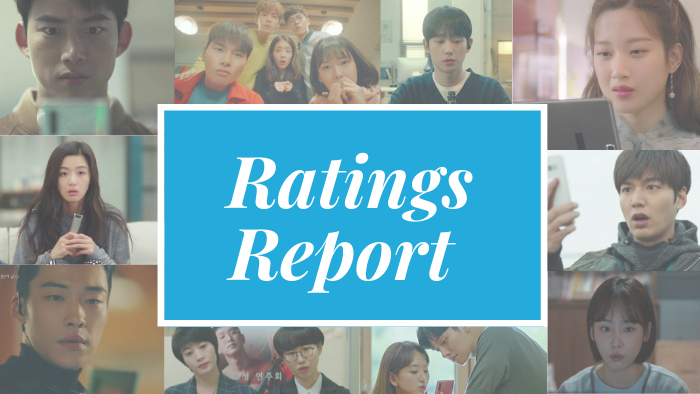
Required fields are marked *
Your email address will not be published. Required fields are marked *
51 micky
May 5, 2012 at 8:07 AM
Thank you very much for your review...... Love BV very much.....
Required fields are marked *
52 Germaine
July 8, 2012 at 6:46 AM
I have a great affection for this drama, just for portraying the struggles of amateur musicians. There is something magical about making music; even when playing alone one can feel transported to a different world. When playing in an ensemble, this feeling is magnified, many, many times over.
But let's face it, music making is expensive. Instruments, rehearsal space, performance venues all cost money. A tremendous amount of money is needed to sustain any orchestra. Except for the very top tier, most orchestras have to rely on public and private funding in addition to ticket sales. If your orchestra is made up of amateur musicians, payroll costs are lower but scheduling and commitment are now big headaches, since people need to keep the day jobs that pay the rent.
I love that someone cared enough to tell this story, showing the silent heartbreak of those whose love for music making had been strangled. The conservatory graduates not fortunate enough to find a place in a professional orchestra, the talented musicians who could not even get to the conservatory. Can we wonder at the desperation with which they hold on to the faintest hope of being able to perform? An orchestra? For real?
Compare this premise with what we usually get in kdramas - Cinderella (kitchen maid with heart of gold meets chaebol heir), Beauty and the Beast (guy with violent streak is reformed by girl with family issues), Robin Hood /Batman (superhero meets ...) need I say more? Some are very well written and entertaining but the fundamental contexts are silly fantasy. Beethoven Virus is real. This is a story of people hooked on to music making and struggling to make it happen.
Beethoven Virus had many shortcomings, as many have pointed out, some characters and situations were just too contrived. I found these surprisingly easy to overlook. What was harder to pardon was Rumi's deafness. As a violinist, she could not, and would not, have continued playing. No amount of mind meld can help a deaf string player stay in tune and the problem would have been glaringly obvious to any member of the orchestra, and absolutely deadly if it happened during a pubic performance.
Still, I loved the drama for showing us the lives of these amateur musicians, and for ending in a way that was true to its premise. Some will soldier on, fighting to keep the orchestra together, others will try to make a living with music in other ways like teaching or writing, and some will simply put music aside forever. Regardless of the paths they take, they are each grateful for the chance they had to make music together, however shortlived and bittersweet it might have been.
Required fields are marked *
53 Ayu
January 1, 2013 at 4:30 AM
This is why I love writing so much.
By being a writer, you can do anything you can't in real life.
Someday I wish I would be able to make such a drama like Beethoven Virus.
Ahh, don't you think Dream High has the same meaning as this one?
Because actually, both of them are about music, talents, and dreams.
Required fields are marked *
54 julia
January 12, 2013 at 10:38 PM
thank you for your story about BV, i like it very much.... and i hope there is BV part 2 where kang mae and rumi have son like his father.... it just in drama
Required fields are marked *
55 rache
January 17, 2013 at 11:31 PM
I just finished reading the movie...it's quite amazing! i didn't expect this movie was wonderful... then i started to love music...
Required fields are marked *
56 dramabird
October 16, 2015 at 4:23 PM
I'm going voting crazy!
Required fields are marked *
57 innutz
February 13, 2018 at 7:15 AM
Do you know the title of the song in this final episode which Kang Mae conduct (in early part) (which should be conduct by KGW)?
Required fields are marked *